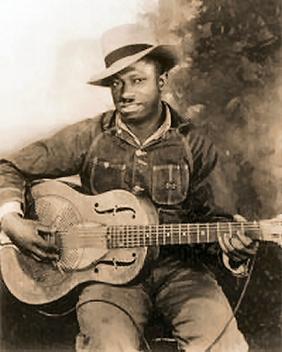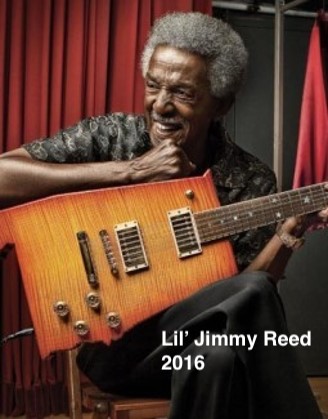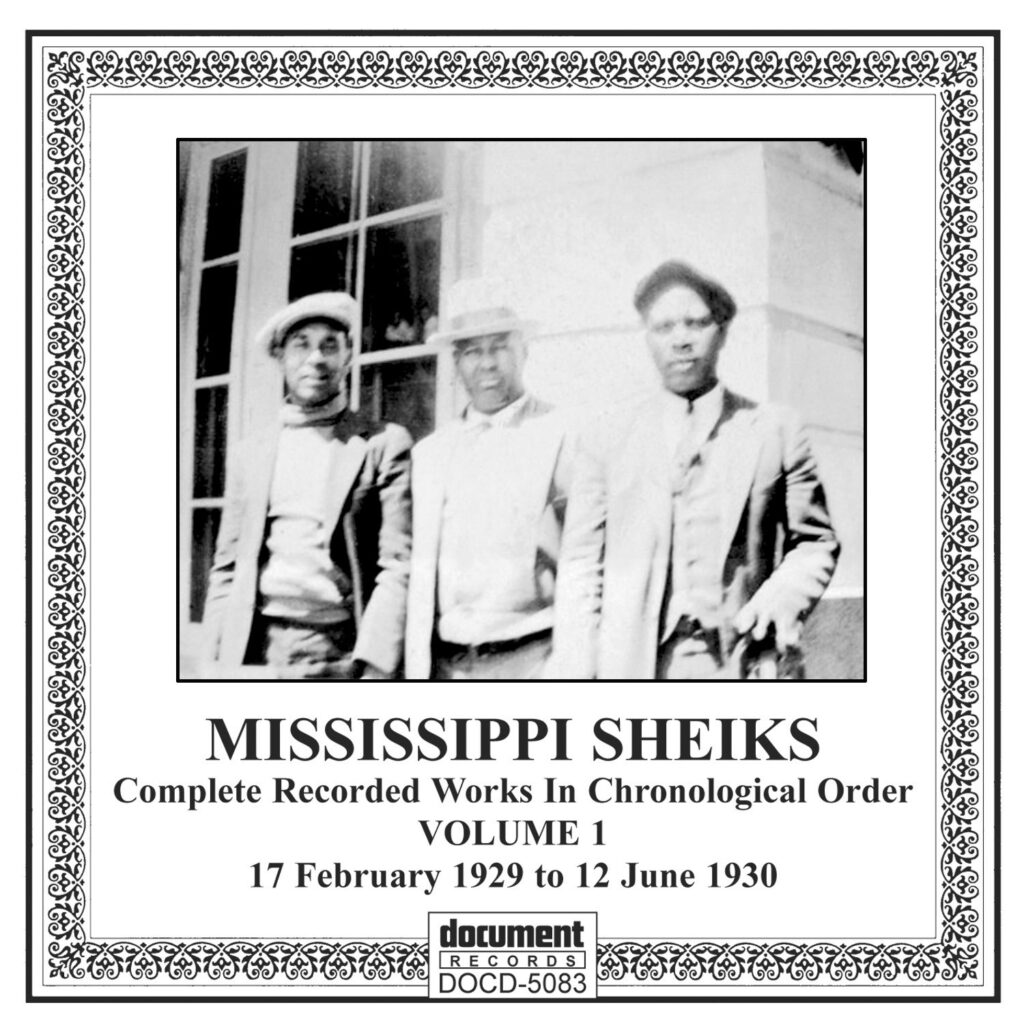free music stream
Catfish Blues
Alabama is the Place to Be
Sitting on the Top of the World
The Project Preservation Album
was made possible by the Alabama State Council on the Arts.
All songs produced by John Seals at Sunland Recording Studios (2021). Executive production by the Wiregrass Blues Society.
Catfish Blues
*Public Domain Song – original author unknown but first popularized by Mississippi Delta bluesman, Robert Petway who possibly related to and from the Petway’s of Gees Bend, Alabama.

LYRICS
Well I wish, wish I was a catfish
Swimming in the deep blue sea
I have all – all you handsome fellas
Fishing after me, fishing after me
Fishing after me, yeah
When I went down to my boyfriend’s house
And I sat down, Lord on his front steps
He said, “Come on in, my sweet, sweet pea.
My wife just now – you know she just now left.
Oh no, no, she just now left. Yes, she did now.”
Harmonica Solo
Well I did not know – two trains running, yeah
But there is not one that’s going my way
You know there’s one train running at midnight, yeah
The one leaves just for a day
Said the other one leaves just for a day
Just for a day yeah, for a day
Well I wish, wish I was was a catfish
Swimming in the deep blues sea
I have all of you handsome fellas
Fishing after me, said fishing after me
Fishing after me, yeah
Yeah, said fishing after me
They’s fishing after me, boy
Featured Musicians:
David Adkins (Guitar) Woolvin James (Harmonica) Peggy Jenkins (Lead Vocals) Kevin Scott (Bass) John Seals (Drums)
About:
The origin of “Catfish Blues” is unknown, but it was first popularized by Robert Petway, a Mississippi Delta Bluesman in 1941. The lyric about wishing to be a catfish can also be traced to a 1928 recording (American Blues Music Scene). The song has been performed and recorded numerous times over the past eighty years, most famously by Muddy Waters who changed the title to “Rollin’ Stone.” This title supposedly inspired a young English band to name themselves the Rolling Stones as well as the naming of the influential music magazine, Rolling Stone. Jimi Hendrix also put his own spin on “Catfish Blues” riffs, creating “Voodoo Chile” which was featured in his legendary 1969 Woodstock Festival performance and later recorded as “Voodoo Child.” Warren Haynes with Gov’t Mule also performed the song with a hard-rock edge and squealing slide guitar.
Peggy Jenkins and the Project Preservation Band give this song a particularly swampy feel, featuring superb guitar work by David Adkins and authentic blues harmonica by Woolvin James. Peggy Jenkins’ powerful, bellowing vocals drive the song home with a dynamic force that enlivens the lyrics’ storytelling.
Alabama is the Place to Be
*by Leon Atkins – AKA Lil’ Jimmy Reed

LYRICS
If you going out of town
Alabama – the place to be
If you going out of town, baby
Alabama – the place to be
They got so much blues going on
It will knock on your feet
If you go to New Orleans
You hear jazz all over town
If you go to New Orleans, baby
You hear jazz all over town
If you come to Birmingham – the blues won’t let you down
Harmonica Solo
Guitar Solo
Repeat Verses
Featured Musicians:
David Adkins (Piano) Tyler Brockett (Guitar) Marcus Hart (Bass) Lil’ Jimmy Reed (Lead Vocals, Guitar, Harmonica) John Seals (Drums)
About:
“Alabama’s the Place to Be” was written by Leon Atkins (AKA Lil’ Jimmy Reed) and was originally released on his 2007 album School’s Out. The song has been a crowd favorite at Lil’ Jimmy Reed’s concerts for years as it highlights the importance of place and celebrates our collective identity as Alabamians. It also emphasizes Alabama’s rich contribution to American blues music. The lyrical reference to Birmingham, Alabama as central to blues is based on historical fact.The documentary film, Alabama Black Belt Blues, demonstrates how Birmingham was home to a thriving blues scene as evidenced by its plethora of black juke joints like Boligee, Panola and Union and the Red Wolf Lounge in the early 1900s.
Today the song continues to win over audiences worldwide due to Lil’ Jimmy Reed’s consistent touring efforts, especially in Sweden, where he has garnered a large, loyal following. Lil’ Jimmy Reed’s strong performance on vocals, guitar, and harmonica as well as the solid backing of the Project Preservation Band draws the listener in and the memorable lyrics make this tune particularly catchy.
Sitting on the Top of the World
*Public Domain Song – Written by Walter Vinson and Lonnie Chatmon

LYRICS
One winter day, he went away
He’s gone and left me, and
He’s gone to stay
My baby’s gone and I won’t worry
‘Cause I’m sitting on top of the world
(I said) If you don’t like my peaches, don’t you shake my tree
Get out of my orchard, let my peaches be
So now he’s gone but I don’t worry
Lord – I’m sittin on top of the world
Close the door behind you
(SOLO)
He called me on the phone, from up in Chicago
He said he was coming back & “baby, oh I need you so”
But now he’s gone, but I don’t worry
Lord I’m sittin on top of the world
One winter day, he went away
He’s gone and left me, and
He’s gone to stay
My baby’s gone and I won’t worry
‘Cause I’m sitting on top of the world
Was in the cold, one winter day
My sweetheart left me; Lord he went away
And now he’s gone, but I don’t worry
Lord I’m sittin on top of the world
Featured Musicians:
David Adkins (Guitar, Organ, and Piano) Marla Drake (Lead Vocals) Marcus Hart (Bass) John Seals (Drums) Tony Staffiero (Alto, Baritone and Tenor Sax)
About:
“Sitting on Top of the World” is a country blues tune that was written by Walter Vinson and Lonnie Chatmon, core members of the African American string band, the Mississippi Sheiks, who first recorded the song in 1930. It was later recorded by artists spanning various genres, from country to blues to rock such as: Milton Brown, Bob Willis, Bob Monroe, Doc Watson, Howlin’ Wolf, the Grateful Dead, Cream, and Jack White. The lyrics portray long-suffering patience in the face of difficult loss, capturing the quintessential spirit of longing in early American blues music. Given the song’s long life and cultural significance, it was inducted into the Grammy Hall of Fame in 2008 and was also chosen by the National Recording Registry of the Library of Congress in 2017 as being “culturally, historically, or artistically significant” and an aural treasure “worthy of preservation” (National Recording Registry Reaches 500).
Marla Drake’s breathtaking performance on “Sitting on Top of the World” embodies the vulnerability expressed in the lyrics through her intuitive, tender, yet powerful phrasing. The Project Preservation band lays a lush soundscape for Drake’s performance, incorporating traditional blues and jazz.



